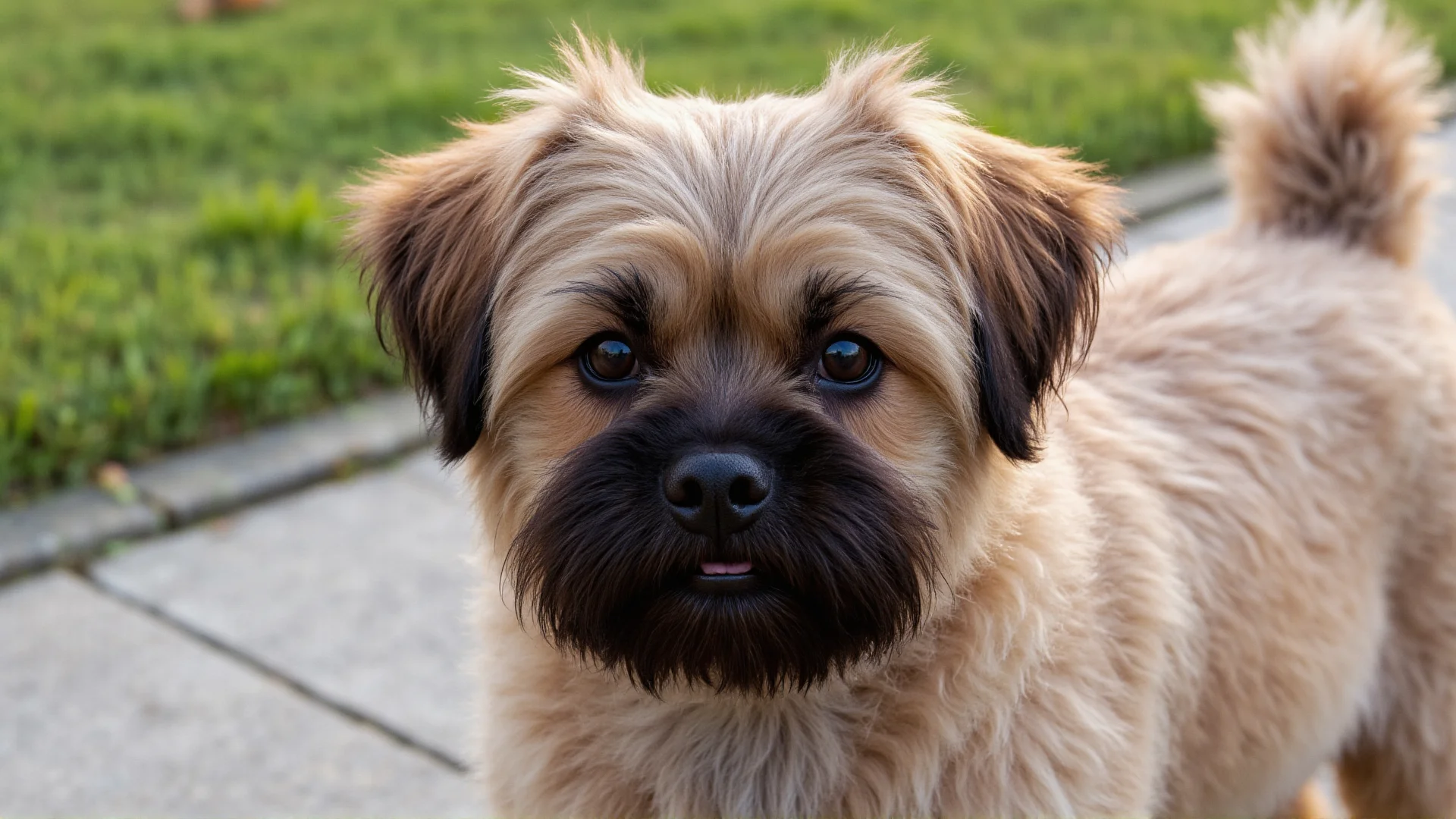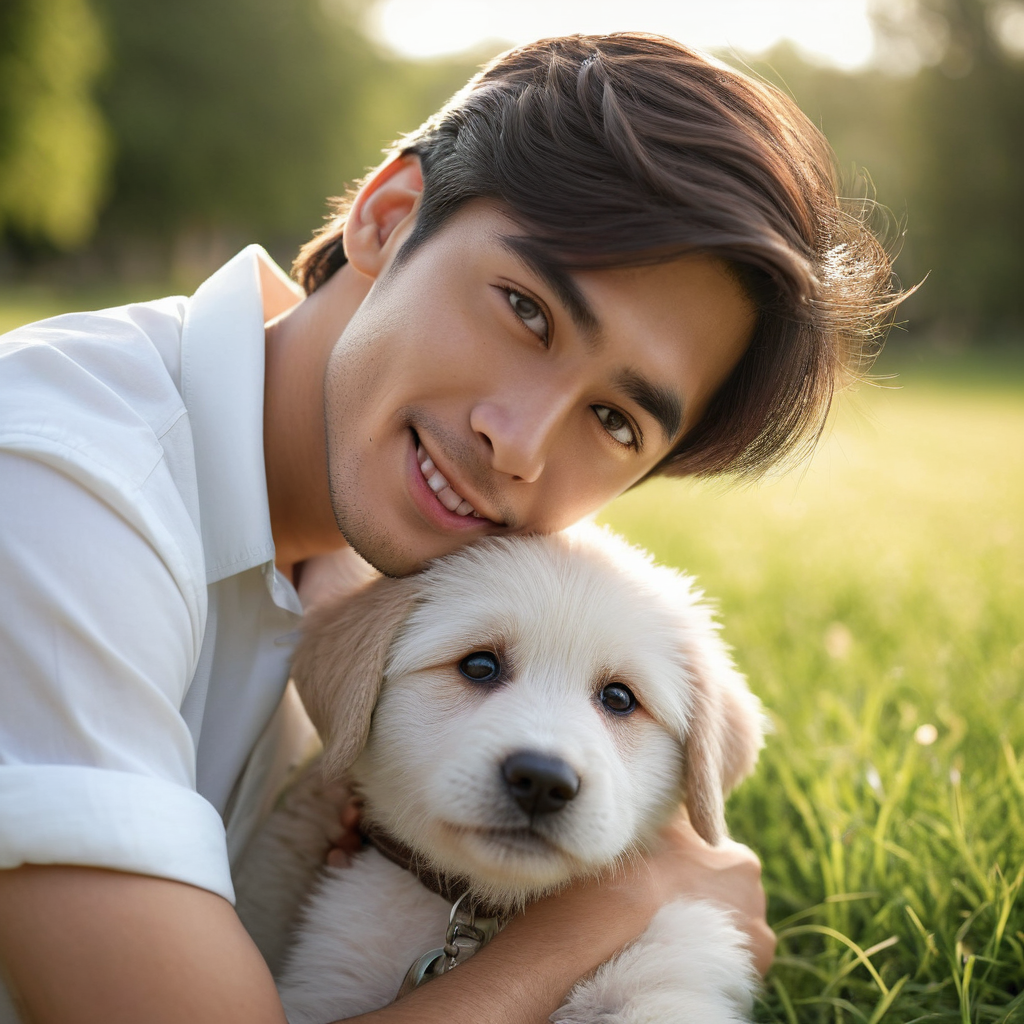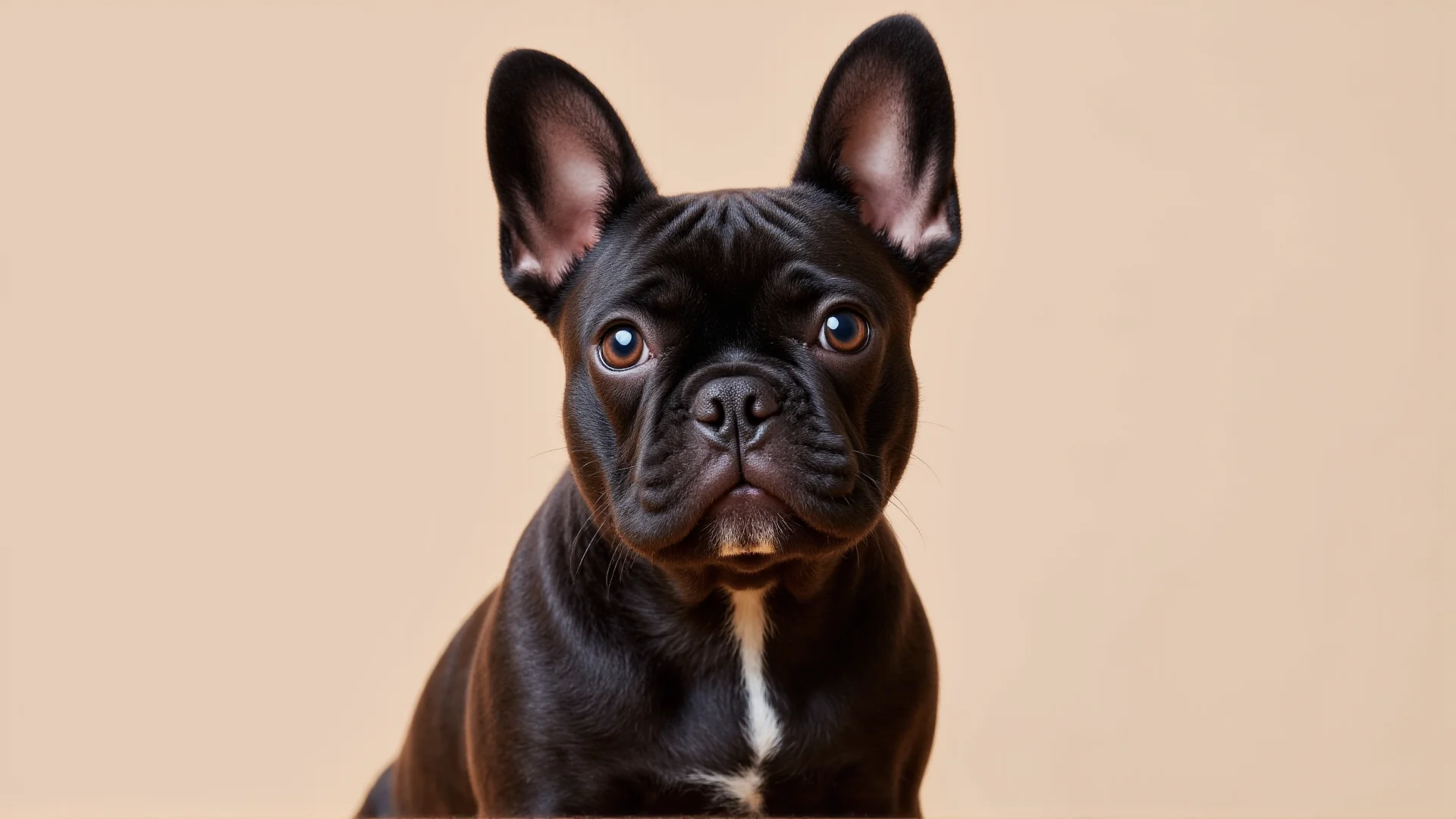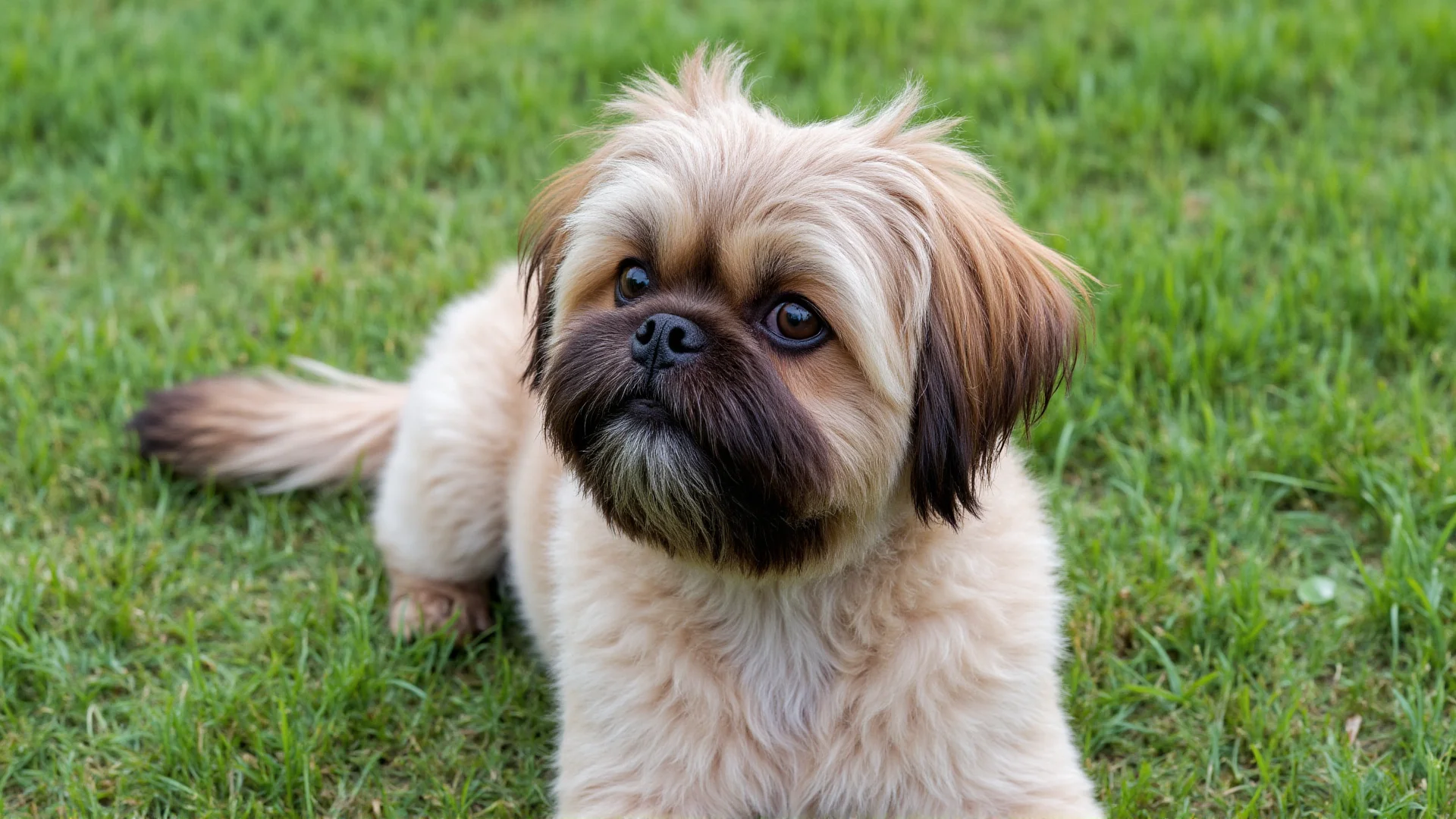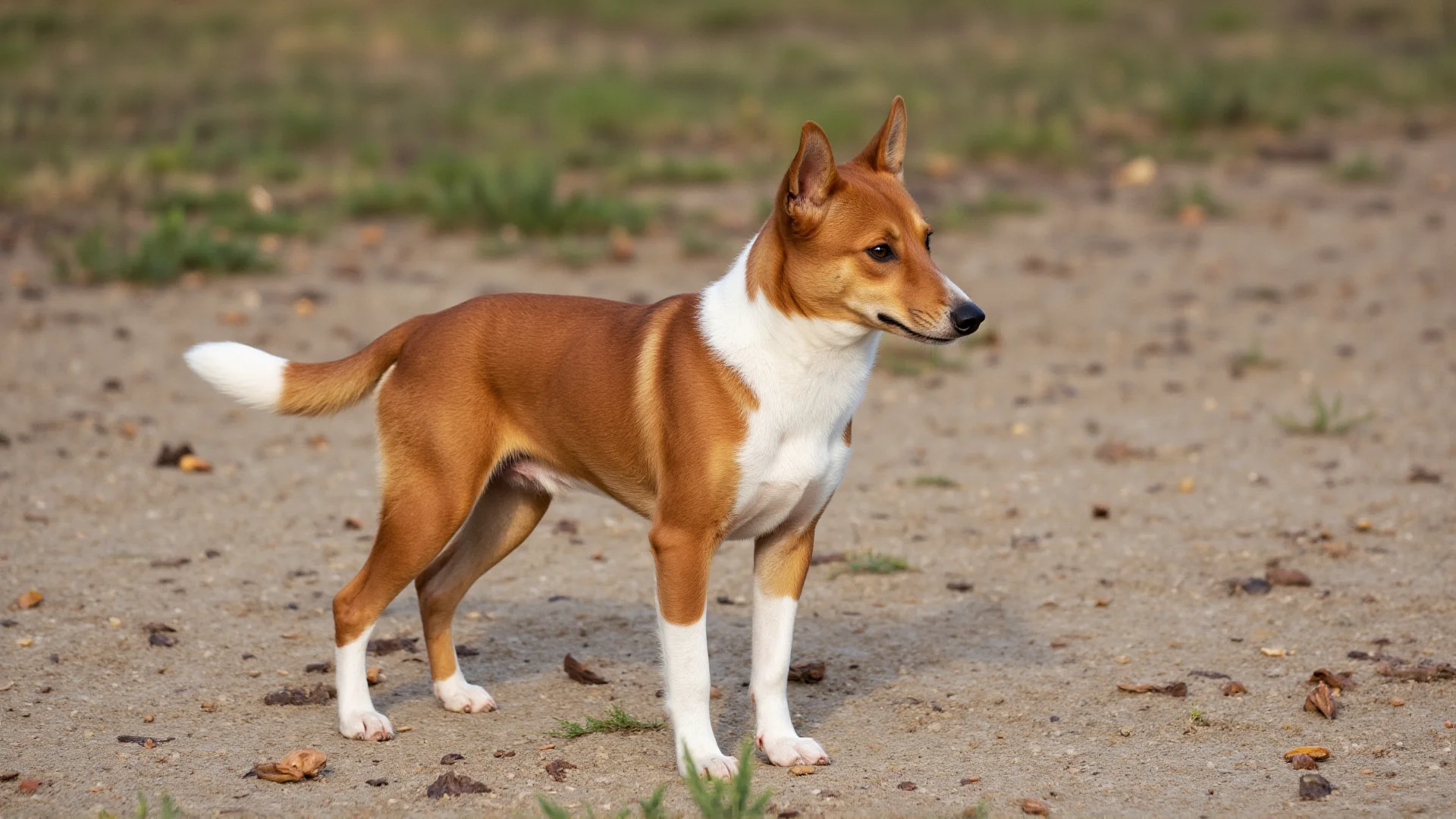The Brussels Griffon: Your Perfect Small Companion Dog
With their expressive, almost human-like faces and charming personalities, Brussels Griffons have captured hearts worldwide. These small but mighty companions offer big love in a petite package, making them ideal for those seeking a devoted canine friend.
Why Brussels Griffons Excel as Companion Dogs
The Brussels Griffon was literally bred to be a companion. Originally developed in Belgium, these dogs transitioned from ratters to beloved lap dogs of the nobility. Their entire purpose revolves around human companionship, making them naturally attuned to their owner's emotions and needs.
Key Companion Qualities
- Emotional Intelligence: Brussels Griffons seem to read human emotions with uncanny accuracy
- Velcro Dog Tendency: They prefer to stay close to their favorite humans
- Adaptable Size: Perfect for apartments, condos, or larger homes
- Alert but Not Aggressive: They'll let you know when someone's at the door without excessive aggression
Understanding the Brussels Griffon Personality
Brussels Griffons possess a unique blend of confidence and sensitivity that makes them exceptional companions. Despite their small stature (typically 8-10 pounds), they carry themselves with the dignity of a much larger dog.
Temperament Traits
Affectionate and Loyal: These dogs form incredibly strong bonds with their families. They're known for choosing one person as their special favorite, though they'll love the whole family.
Intelligent and Trainable: Don't let their toy dog status fool you – Brussels Griffons are smart cookies who respond well to positive reinforcement training.
Sensitive Souls: They're emotionally sensitive and respond best to gentle, patient training methods. Harsh corrections can shut them down completely.
Playful Yet Calm: While they enjoy playtime, Brussels Griffons are generally calm indoor companions who are content to curl up on your lap for hours.
Living with Your Brussels Griffon Companion
Daily Life and Exercise Needs
One of the greatest advantages of Brussels Griffons as companions is their moderate exercise requirements. A daily walk and some indoor play typically meet their physical needs, making them perfect for busy professionals or seniors who want a dog without exhausting exercise demands.
Exercise Requirements:
- 20-30 minutes of daily exercise
- Indoor play sessions
- Mental stimulation through puzzle toys
- Short walks or outdoor exploration
Grooming Your Companion
Brussels Griffons come in two coat varieties, each with different grooming needs:
Rough Coat: Requires hand-stripping or clipping every few months. The wiry texture needs regular brushing to prevent matting.
Smooth Coat: Much easier to maintain with weekly brushing and occasional baths.
Both varieties are moderate shedders, making them relatively apartment-friendly.
Health Considerations for Your Companion
Like many toy breeds, Brussels Griffons are generally healthy but can be prone to certain conditions. Being aware of these helps ensure your companion lives a long, healthy life.
Common Health Concerns
- Respiratory Issues: Their flat faces can cause breathing difficulties, especially in hot weather
- Eye Problems: Large, prominent eyes are susceptible to injuries and conditions
- Luxating Patella: Kneecap dislocation common in small breeds
- Hip Dysplasia: Though less common than in larger breeds, it can occur
Regular veterinary check-ups and maintaining a healthy weight are crucial for preventing many of these issues.
Training Your Brussels Griffon Companion
Training a Brussels Griffon requires patience, consistency, and positive reinforcement. These sensitive souls respond best to gentle, reward-based methods.
Essential Training Tips
Start Early: Begin socialization and basic training as early as possible. Brussels Griffons can become shy or fearful without proper early exposure.
Use Positive Reinforcement: Treats, praise, and play work much better than corrections with this breed.
Keep Sessions Short: 5-10 minute training sessions work best for their attention span.
Focus on Socialization: Expose them to different people, sounds, and experiences to build confidence.
Housetraining Considerations
Small bladders mean more frequent potty breaks. Establish a consistent routine and consider crate training to help with the process. Patience is key – some Brussels Griffons take longer to fully housetrain than larger breeds.
Is a Brussels Griffon Right for You?
Brussels Griffons make exceptional companions for the right families. Consider these factors when deciding if this breed fits your lifestyle:
Ideal Brussels Griffon Owners
- Those seeking a close, emotional bond with their dog
- People who work from home or have flexible schedules
- Apartment dwellers or those with smaller living spaces
- Individuals or families who prefer calmer, less active dogs
- Those who enjoy grooming and regular maintenance
Potential Challenges
- Can develop separation anxiety if left alone frequently
- May be reserved with strangers
- Grooming requirements (especially rough coats)
- Potential breathing issues in extreme weather
- Can be stubborn during training
Creating a Perfect Life for Your Brussels Griffon
To ensure your Brussels Griffon thrives as your companion, focus on creating an environment that meets their emotional and physical needs.
Environmental Enrichment
Provide mental stimulation through puzzle toys, treat-dispensing games, and rotation of toys to keep things interesting. Brussels Griffons are intelligent and can become bored without adequate mental challenges.
Social Needs
These dogs crave human interaction and don't do well when isolated. If you work long hours, consider doggy daycare or a pet sitter to provide companionship.
Comfort and Safety
Create cozy spaces throughout your home where your Brussels Griffon can rest comfortably. Provide ramps or steps to help them access furniture safely, as jumping can be hard on their joints.
